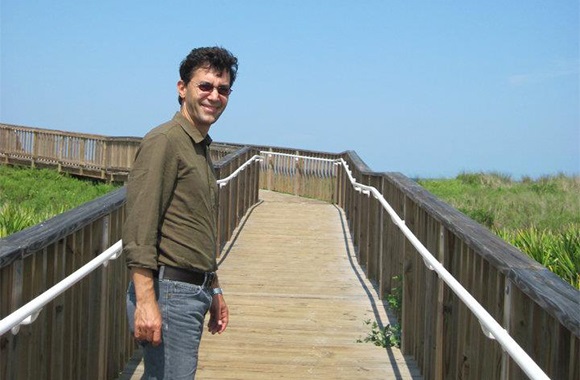Another good article or socialist wannabes.
EXCPERTS:
Today Professor Florin Curta is a professor in medieval history and archaeology at the University of Florida, but his road to the sunny vistas of north-central Florida came by way of communist-controlled Romania, where growing up he grappled with empty grocery stores, power outages, and an oppressive government that discouraged creativity and free enterprise.
Curta: Stores were completely empty. There was no food. There was a black market where you could buy some things, but obviously at much higher prices. Besides the fact that there was no food, every now and then electricity would be cut off in the apartment, at a sudden moment in time. You would not know when and for how long. Sometimes there was no running water at all, and there was no warm water at all. We’re talking about life in an urban environment, we’re talking about an apartment, not one or two, but thousands in which people lived in such conditions. I was in college in that time, and I remember actually studying in the library with gloves on my hands because it was so cold. So not a happy place.
Socialism appears to be a popularly embraced ideology in American academia. Why do you think this is? What is so tempting about this mindset?
 Curta: I think that there’s an idealism that most people in academia, specifically in the humanities, share. We live in an era of ideological morass, especially with the collapse of communism that has left no room for those idealists in the academic world. No matter how you can prove that system doesn’t work, with an inclination to go that way perhaps because most people associate socialism with social justice, while the former is an ideology with concrete ideas and concrete historical experiences, while social justice is a very vague abstract notion.
Curta: I think that there’s an idealism that most people in academia, specifically in the humanities, share. We live in an era of ideological morass, especially with the collapse of communism that has left no room for those idealists in the academic world. No matter how you can prove that system doesn’t work, with an inclination to go that way perhaps because most people associate socialism with social justice, while the former is an ideology with concrete ideas and concrete historical experiences, while social justice is a very vague abstract notion.
READ MORE->







